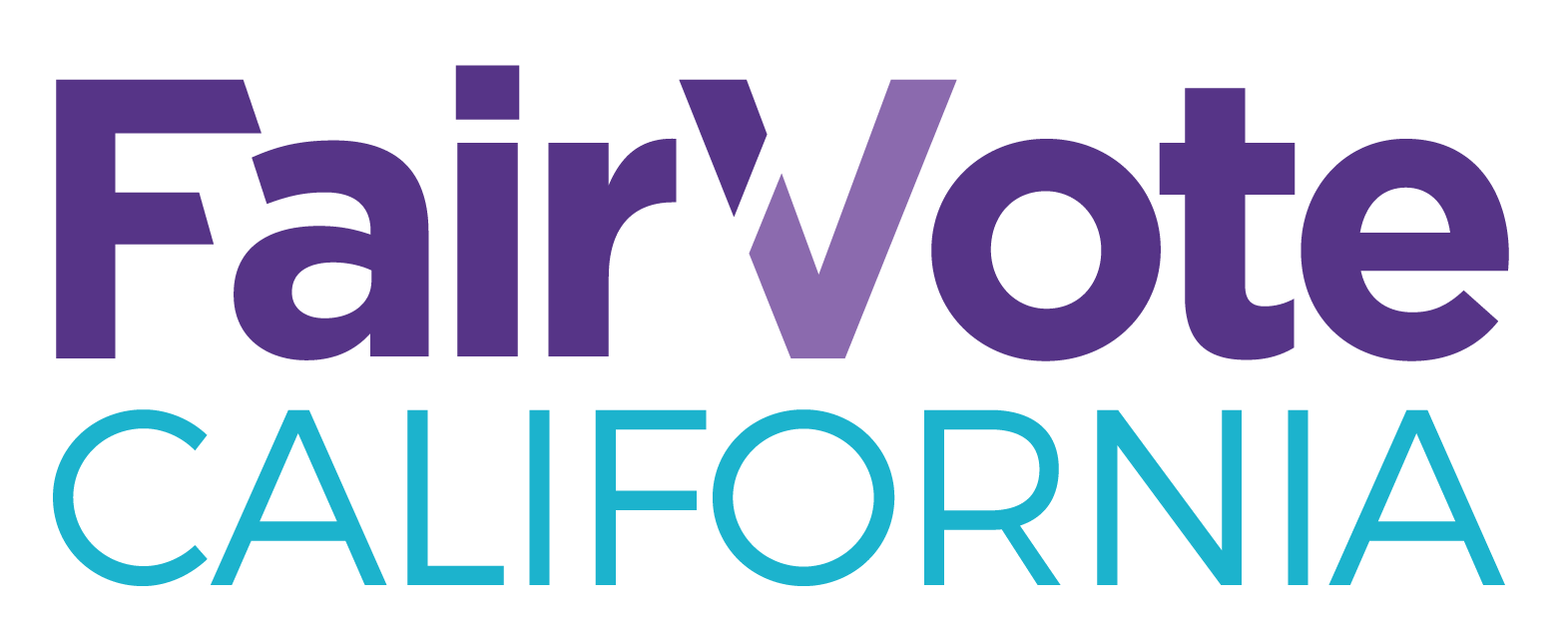 About Myself
About Myself
My name is Bruck Tsegaye, I am 16 years old and an upcoming Junior at Metwest High School in Oakland, California. Metwest as a community, focuses on social justice issues by spreading awareness and the freedom of walkouts. I have gained experience with social justice and activism through the organizations that I have been apart of. This is my last week as an intern with Coro and FairVote California. Both organizations have helped me gain a better understanding of leadership, networking, and how to create change within my community.
My Opinion on Ranked Choice Voting (RCV)
Ranked choice voting (RCV) brings equity into the voting process. RCV is an electoral system that allows voters to rank candidates for elected office. Unlike the traditional winner-take-all elections when someone can win with less than a majority and run-off elections where voters only pick between two candidates, RCV gives more opportunities for diverse people a chance to run for office, and also ensures that voters are more engaged and heard. Learning about RCV has given me hope in the future of our elections.
In the June primary election there were 9 candidates from varying socioeconomic backgrounds who participated in the process to run for San Francisco Mayor. Let’s take a look at Mayor London Breed’s background. She came from public housing and won her RCV election for Supervisor and then made it all the way to City Hall to serve as the next mayor of San Francisco. Mayor Breed has a passion for creating affordable housing and protecting the residents of San Francisco. Some of her accomplishments that support this claim while she served as Supervisor include saving 104 affordable housing units at Frederick Douglas Haynes Gardens, securing $2 million to restore unused public housing units for 179 homeless families who now have a place to call home, and introducing legislation creating a permanent right to civil counsel for tenants facing eviction in San Francisco, which will provide needed legal and mediation services to assist residents in defending themselves against evictions.
Conclusion
RCV helps eliminate barriers to voting by providing opportunities to candidates regardless of their gender, ability, sexual orientation or race to run for office and show how they want to create change and what issues they’ll focus on. RCV also provides greater choices and a stronger voice for voters without worrying you’ll be wasting your vote or helping a candidate you don’t like to win. For these reasons, RCV should be used in more places around the state, and hopefully across the country.

Showing 1 reaction